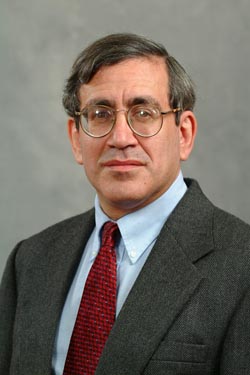|
The new SEC rules build upon disclosure standards last overhauled in 1992. Despite that overhaul and the limit on deductibility, average CEO compensation climbed from $2.3 million in 1992 to $5.6 million in 2005 — faster than the pace of inflation.
At the most, Balsam says, the 1992 rules helped arrest the even higher potential rate at which compensation could have increased.
“We don’t know what executive pay would have been without the ’92 disclosure,” he says.
The SEC’s actions are the latest chapter in the epic of trying to refine executive pay. And while the issue has been anything but dormant for the past century, recent disclosure of large payouts to CEOs such as Robert Nardelli of Home Depot have renewed the ire of some shareholders and politicians.
The case of Nardelli, who collected more than $200 million in severance after the company’s stock slid and rival Lowe’s stock tripled, epitomizes the main qualm of those who think executive pay is too high.
“It is not what you pay, but how you pay that is important,” says Balsam. Few object to high pay when the executive creates value for shareholders. Rather, it is when they receive large payouts and the share price is flat or declining, as in the case of Home Depot, that problems arise.
Balsam also points out that it isn’t just CEOs that are being paid very high salaries, but celebrities and athletes as well. In a talk at the Penjerdel Employee Benefits & Compensation Association, he juxtaposed James Kilts, former CEO of Gillette who was vilified for earning more than $260 million even though he created more than $20 billion in value for Gillette shareholders, with Howard Stern, who had a five-year deal with Sirius radio for $500 million.
Balsam delineates two possible outcomes from the disclosure of pay packages. First, pay could go up as CEOs envy their neighbors’ newly revealed riches. Second, and more theoretically, pay could go down if boards of directors anticipate bad publicity or investors actually muster the ability to hold managers accountable.
So what should the public expect? Says Balsam: “Executive compensation has been a controversial issue for the past hundred years and it will be until the end of time.”
Steven Balsam, author of Executive Compensation: An Introduction to Practice and Theory, has been cited in articles on executive compensation in outlets such as the Boston Globe, The Philadelphia Inquirer, and Bloomberg Radio.
—Written by Andrew Thompson
For the Fox School of Business
|
